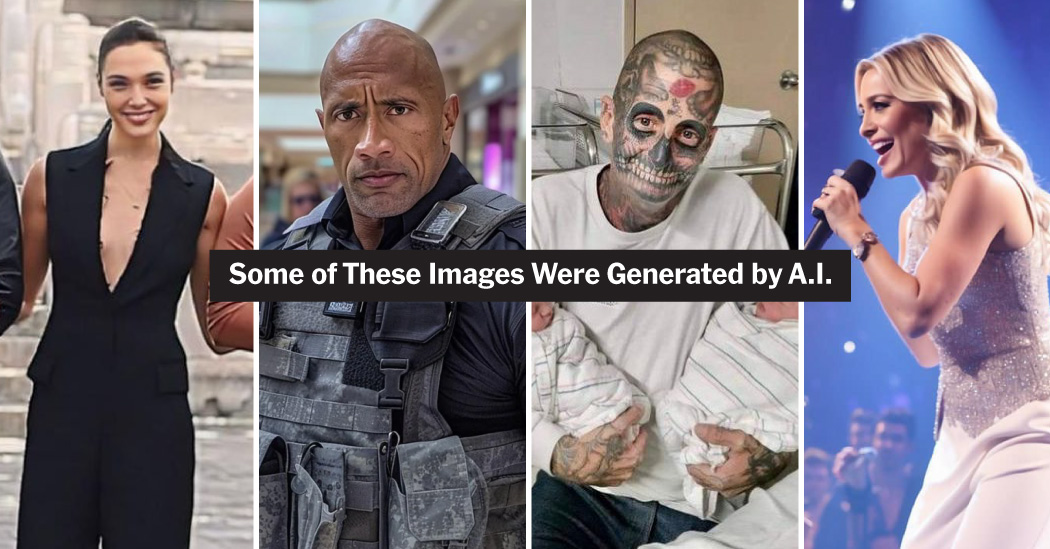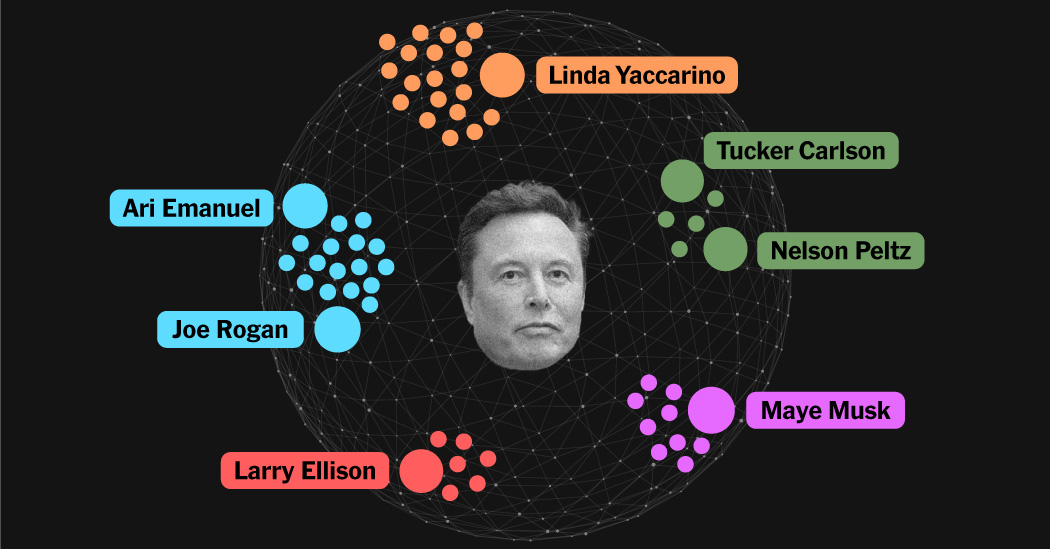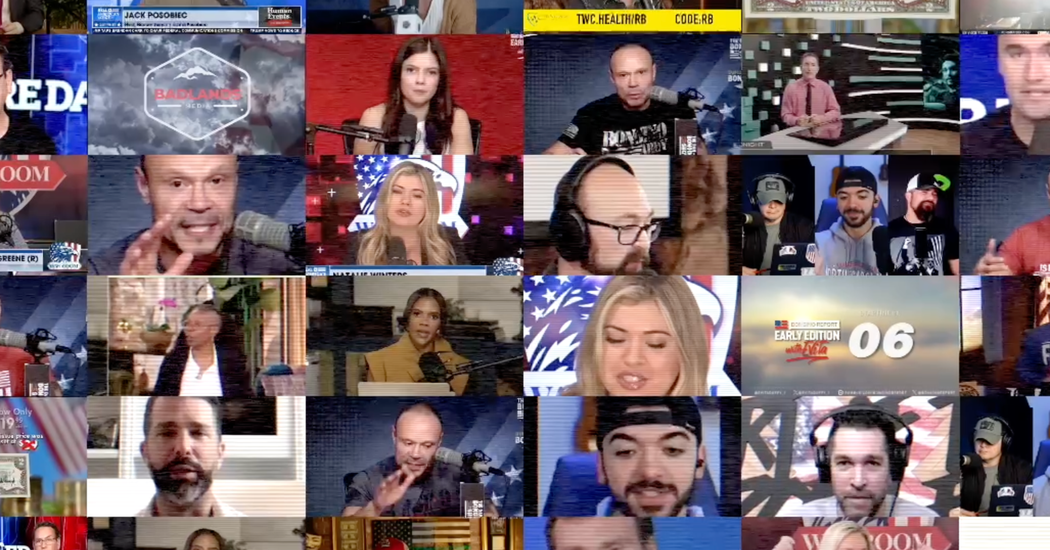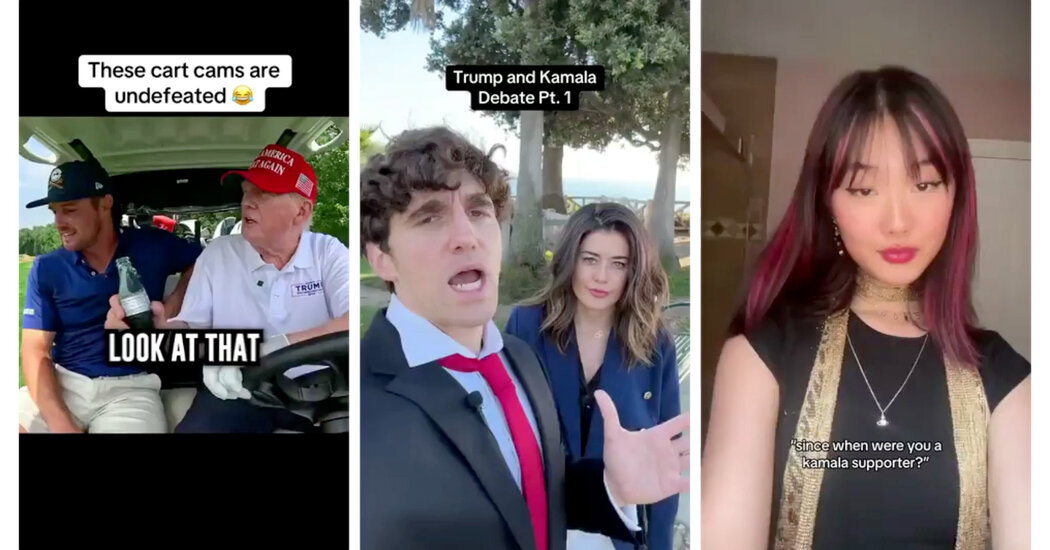Artificial intelligence tools can create lifelike faces and realistic photographs — and they are getting better all the time. The phony images now appear regularly on social media, with many users seeming to believe that the images are real. But there are still some telltale signs that an image was made by A.I.
Can you tell the difference? Take our quiz.
1. Is this celebrity photoshoot real or A.I.?
Oops, not quite. This is a real image. This image shows some stars of the “Justice League” movies — Ben Affleck, Gal Gadot, Henry Cavill and Jason Mamoa. It’s a genuine image but it may look slightly unusual because it was either cropped or compressed after it was reposted several times on social media. The original image is below.
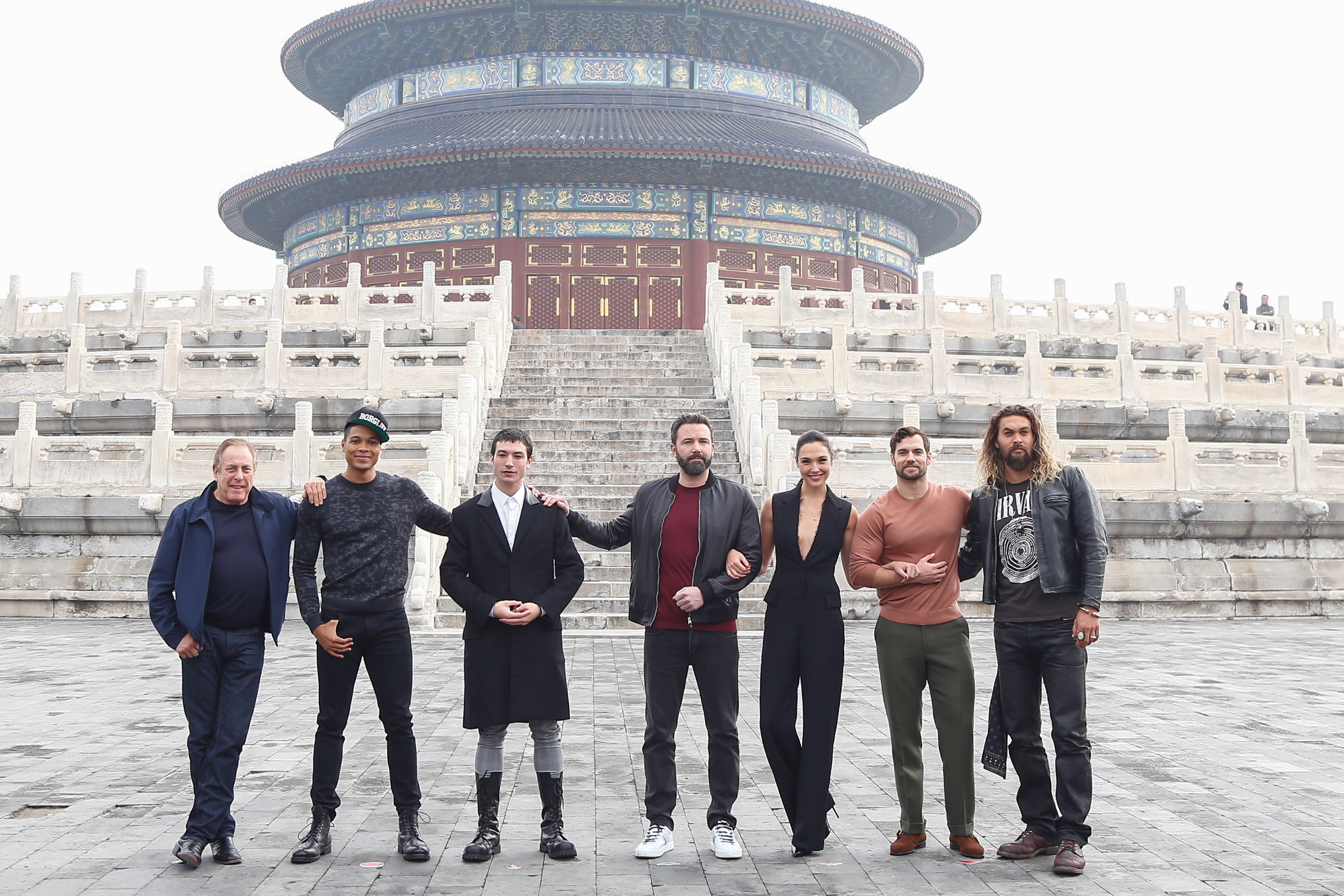
2. What about these singers?
Oops, not quite. This is an A.I.-generated image. This image, showing two singers, resembles a promotional image from a television show. But it is not real. Many A.I. images, including others in this quiz, are often shared on Facebook pages and elsewhere without any indication that they are machine generated.
Some telltale signs of A.I. forgeries are found throughout the image: the girl has just four visible fingers, the woman’s right arm appears to disappear, and people in the background seem to blend into instruments. A.I. image generators still tend to struggle with details like fingers, but they are getting better.

3. And these world leaders?
Oops, not quite. This is a real image. This image shows President Biden with other world leaders at the G7 summit this month. Political misinformation is one of the biggest risks with A.I. tools. Watchdogs have seen a number of A.I. fakes circulating this year, including A.I. videos known as “deepfakes.” But the problem has seemed less pronounced this election season than some anticipated.
A.I. image generators tend to reuse elements repeatedly in their creations, providing a potential clue that they are not real. Here, the nearly identical suits and postures may give it the appearance of A.I.
4. What about this interior?
Oops, not quite. This is an A.I.-generated image. This image might resemble a rustic bathroom, but it was made by A.I. Many social media pages share stunning architecture and interior designs without disclosing they are made by A.I. tools. While they may be convincing at first glance, there are usually telltale signs they are fake.
There are often design elements that defy logic. Here, the shower head appears in a place where it would be impossible to use. Complex elements in the background can be garbled and nonsensical, like a tub faucet that seems to double as a telephone. As in other A.I. images, the text in the artwork appears garbled.

5. How about this man covered in tattoos?
Oops, not quite. This is a real image. It shows Richard Huff, a Californian who has more than 240 tattoos, with his twin boys.
“That is 100 percent real — it was taken at the hospital,” Mr. Huff said in an interview. “My boys are my world.”
6. Is this a real family?
Oops, not quite. This is an A.I.-generated image. It was found circulating on Facebook. Many commenters appeared to believe the image was genuine. The story that accompanied the photo suggested the men were a couple who had overcome adversity to build a family and advance in the armed forces. Many Facebook accounts have flooded the platform with A.I.-generated photos.
7. What about this movie still?
Oops, not quite. This is an A.I.-generated image. It was created for “12 Angry Men,” the award-winning movie from 1957. It appeared on Freevee, a free streaming service owned by Amazon, according to Andy Kelly, a journalist who shared the image on X. Amazon did not respond to requests for comment.
Many of the faces appear highly unusual, with garbled noses and misaligned eyes. Those mistakes were more common in older A.I. image generators, while newer tools have made rapid improvements.

8. Or this image of The Rock?
Oops, not quite. This is an A.I.-generated image. It appears to show Dwayne (The Rock) Johnson in a mall. But it was created by Bobby Griffin, a 28-year-old artist from California known online as GremlinBobby. He used Midjourney, an A.I. image company capable of creating lifelike images. The company has received scrutiny for apparently using copyrighted material to train its A.I. tools, allowing users to create images of celebrities, politicians and other intellectual property.
One giveaway in this image is the badge, which includes garbled text. Many A.I. systems still struggle to create real text, but they are getting better. This image was part of a series by Mr. Griffin showing celebrities in everyday jobs.
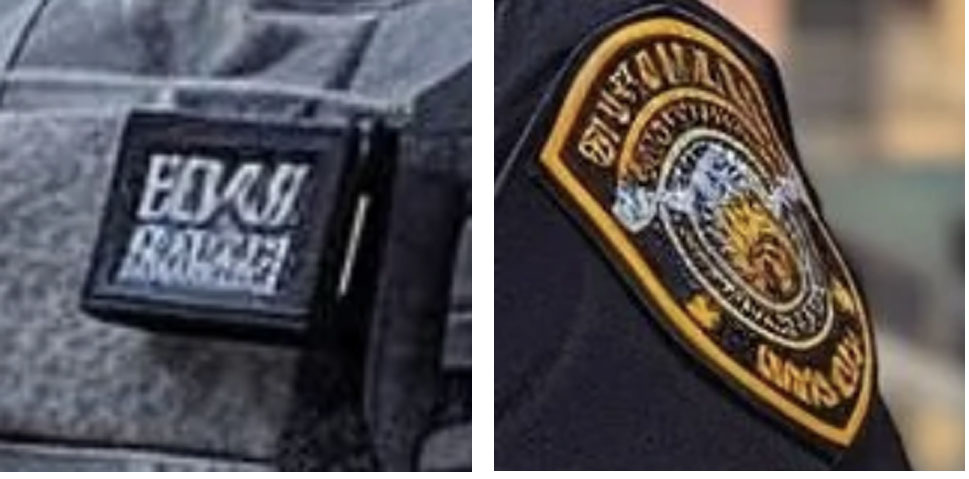
9. Is this unusual scene A.I.?
Oops, not quite. This is a real image. It shows performers in “The Outsiders,” a Broadway play with a choreographed fight scene set amid rainfall.
A.I. has excelled at creating unusual or otherworldly images like this, giving social media accounts a new tool to drive engagement and clicks.
10. What about President Biden here?
Oops, not quite. This is an A.I.-generated image. Sensity, a company that detects deepfakes, found this image among a collection of similar fakes circulating online, many depicting President Biden or former President Donald J. Trump in a variety of believable but unlikely situations.
Though the resemblance to President Biden is striking, he would not be wearing military fatigues as a civilian.
Here are your results
You got 0 out of 0 responses correct, for a score of
0%.
Surprised by your results? While not all A.I. tools can produce lifelike images, many can, and they are constantly improving. The fake images can increase the risk that people will be deceived online, and they also risk eroding the public’s trust, making it harder to believe genuine images.
Several social networks have announced plans to apply labels on images that were created by A.I., but those features are rolling out slowly.



